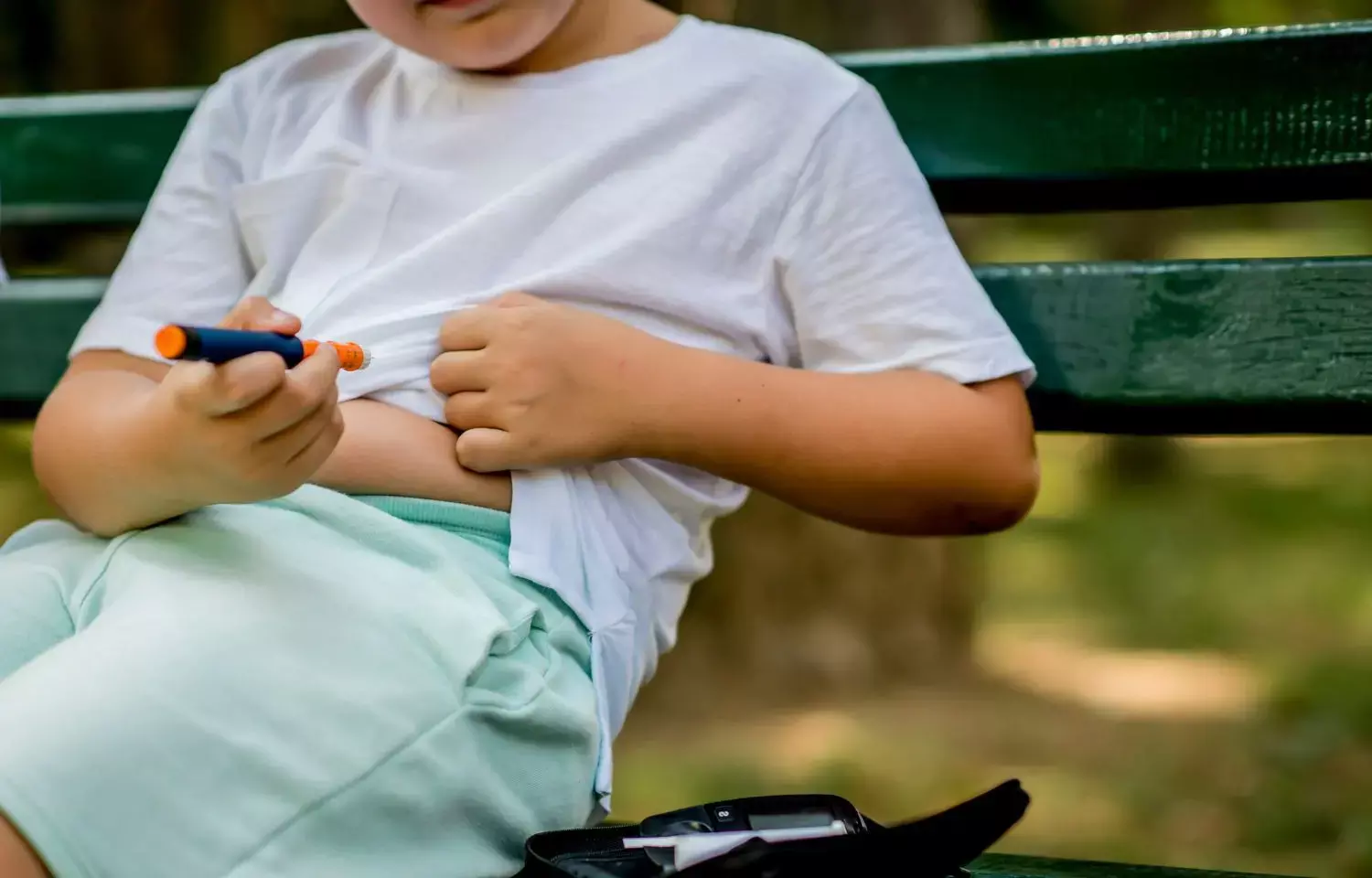- Home
- Medical news & Guidelines
- Anesthesiology
- Cardiology and CTVS
- Critical Care
- Dentistry
- Dermatology
- Diabetes and Endocrinology
- ENT
- Gastroenterology
- Medicine
- Nephrology
- Neurology
- Obstretics-Gynaecology
- Oncology
- Ophthalmology
- Orthopaedics
- Pediatrics-Neonatology
- Psychiatry
- Pulmonology
- Radiology
- Surgery
- Urology
- Laboratory Medicine
- Diet
- Nursing
- Paramedical
- Physiotherapy
- Health news
- Fact Check
- Bone Health Fact Check
- Brain Health Fact Check
- Cancer Related Fact Check
- Child Care Fact Check
- Dental and oral health fact check
- Diabetes and metabolic health fact check
- Diet and Nutrition Fact Check
- Eye and ENT Care Fact Check
- Fitness fact check
- Gut health fact check
- Heart health fact check
- Kidney health fact check
- Medical education fact check
- Men's health fact check
- Respiratory fact check
- Skin and hair care fact check
- Vaccine and Immunization fact check
- Women's health fact check
- AYUSH
- State News
- Andaman and Nicobar Islands
- Andhra Pradesh
- Arunachal Pradesh
- Assam
- Bihar
- Chandigarh
- Chattisgarh
- Dadra and Nagar Haveli
- Daman and Diu
- Delhi
- Goa
- Gujarat
- Haryana
- Himachal Pradesh
- Jammu & Kashmir
- Jharkhand
- Karnataka
- Kerala
- Ladakh
- Lakshadweep
- Madhya Pradesh
- Maharashtra
- Manipur
- Meghalaya
- Mizoram
- Nagaland
- Odisha
- Puducherry
- Punjab
- Rajasthan
- Sikkim
- Tamil Nadu
- Telangana
- Tripura
- Uttar Pradesh
- Uttrakhand
- West Bengal
- Medical Education
- Industry
Tubeless automated insulin delivery system safe for use in young children with type 1 diabetes: Study

USA: The use of a novel automated insulin delivery system in very young children with type 1 diabetes (T1D) was found to be safe in a recent study published in Diabetes Care.
During the study phase, the participants experienced improved glycemic measures and reduced hypoglycemia.
Achieving glycemic targets often becomes a struggle for very young children, putting them at risk for long-term complications and creating an immense management burden for caregivers. Considering this, Jennifer L. Sherr, Department of Pediatrics, Yale School of Medicine, New Haven, CT, and colleagues conducted the first evaluation of the Omnipod 5 Automated Insulin Delivery System in this population.
The study included a total of 80 children aged 2.0–5.9 years. They used the investigational system in a single-arm study for 13 weeks following 14 days of baseline data collection with their usual therapy.
Based on the study, the following results were observed:
- There were no episodes of severe hypoglycemia or diabetic ketoacidosis. By study end, HbA1c decreased by 0.55% (6.0 mmol/mol).
- Time with sensor glucose levels in target range 70–180 mg/dL increased by 10.9%, or 2.6 h/day, while time with levels <70 mg/dL declined by median 0.27%.
To conclude, Omnipod 5 Automated Insulin Delivery System is relatively safe in very young children with type 1 diabetes. In the study period, the subjects experienced improved glycemic measures and reduced hypoglycemia compared to the baseline.
About Type 1 diabetes in children
Type 1 diabetes in children is a condition in which the body no longer produces insulin and therefore, the child needs insulin to survive, so the missing insulin needs to be replaced with injections or with an insulin pump. Type 1 diabetes in children is also known as juvenile diabetes or insulin-dependent diabetes.
Its diagnosis in children can be overwhelming, particularly in the beginning. Suddenly the child and the parents or caretaker must learn how to give injections, count carbohydrates, and monitor blood sugar which hinders the management of their condition considering their young age.
Reference:
Jennifer L. Sherr, Bruce W. Bode, Gregory P. Forlenza, Lori M. Laffel, Melissa J. Schoelwer, Bruce A. Buckingham, Amy B. Criego, Daniel J. DeSalvo, Sarah A. MacLeish, David W. Hansen, Trang T. Ly; for the Omnipod 5 in Preschoolers Study Group, Safety and Glycemic Outcomes With a Tubeless Automated Insulin Delivery System in Very Young Children With Type 1 Diabetes: A Single-Arm Multicenter Clinical Trial. Diabetes Care 2022; dc212359. https://doi.org/10.2337/dc21-2359
Dr Kamal Kant Kohli-MBBS, DTCD- a chest specialist with more than 30 years of practice and a flair for writing clinical articles, Dr Kamal Kant Kohli joined Medical Dialogues as a Chief Editor of Medical News. Besides writing articles, as an editor, he proofreads and verifies all the medical content published on Medical Dialogues including those coming from journals, studies,medical conferences,guidelines etc. Email: drkohli@medicaldialogues.in. Contact no. 011-43720751


